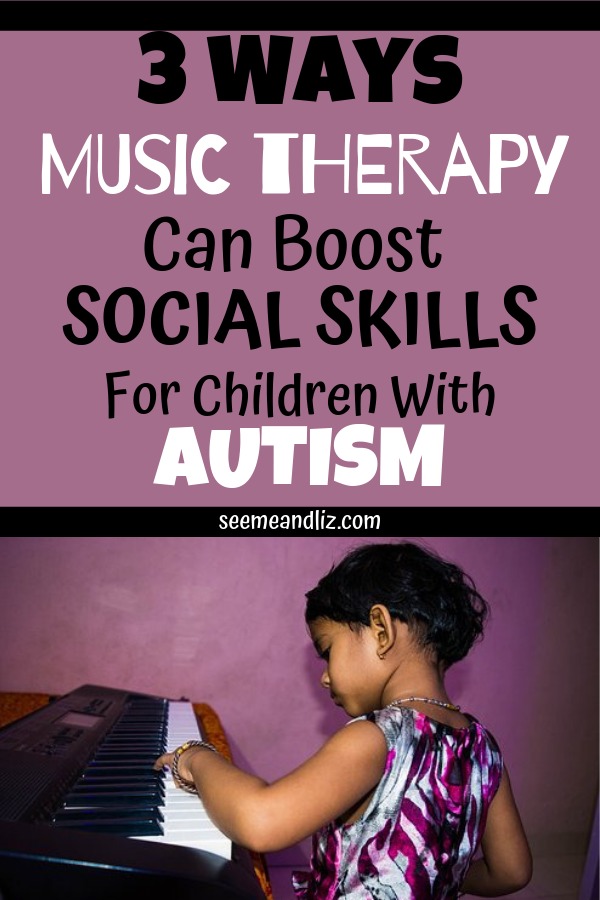Childhood should be a time of joyful exploration, but for many families, daily life feels like navigating unpredictable emotional waters. When emotional dysregulation becomes a constant companion, simple frustrations can escalate rapidly.
Understanding the Emotional Rollercoaster
Children experiencing intense emotional swings often struggle to process feelings appropriately. This isn’t mere “acting out” – it’s a sign of underlying neurological challenges. Key triggers include:
- Sensory overload in stimulating environments
- Unexpected transitions disrupting routines
- Communication difficulties expressing core needs
- Fatigue or hunger lowering coping thresholds
ADHD and the Emotional Landscape
While commonly associated with focus challenges, ADHD frequently involves significant emotional components. Impulse control difficulties and heightened reactivity can turn minor disappointments into overwhelming meltdowns. These episodes aren’t behavioral choices but neurological responses to perceived threats or frustrations.
Building Calmer Foundations
Supporting children’s emotional wellbeing requires a multi-faceted approach beyond traditional methods:
- Predictable Routines: Consistent daily structures create security.
- Sensory Tools: Weighted blankets or noise-canceling headphones for overload prevention.
- Emotion Coaching: Naming feelings (“I see you’re frustrated”) builds awareness.
- Movement Breaks: Physical activity regulates nervous system responses.
Nutritional Considerations for Nervous System Support
Emerging research highlights the gut-brain axis in emotional regulation. Many families explore nutritional strategies alongside behavioral tools. Some find targeted support through carefully formulated holistic kids supplements designed to address nutritional gaps that may influence kids mood stability.
FAQs: Emotional Regulation in Children
Q: Are meltdowns always related to conditions like ADHD?
A: No. While common in neurodivergent children, intense emotional reactions can occur in any child facing overwhelm, fatigue, or unmet needs.
Q: How long do emotional dysregulation phases typically last?
A: Duration varies significantly. Episodes may pass in minutes or persist longer depending on the child’s coping skills, triggers, and support systems. Consistency in response is key.
Q: When should professional help be sought?
A: If emotional outbursts cause significant family disruption, safety concerns, social isolation, or academic impairment, consult a pediatrician or child psychologist.

